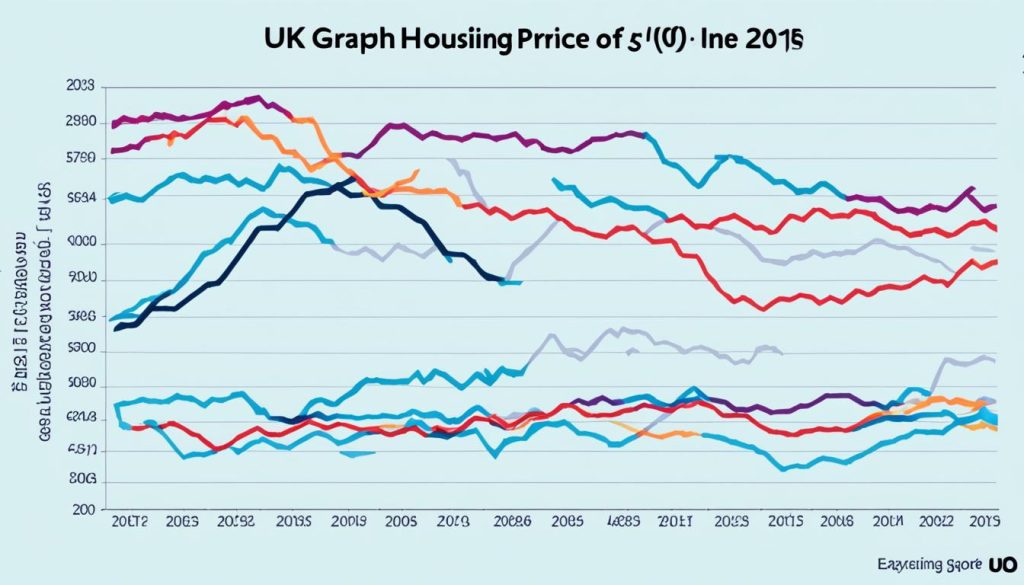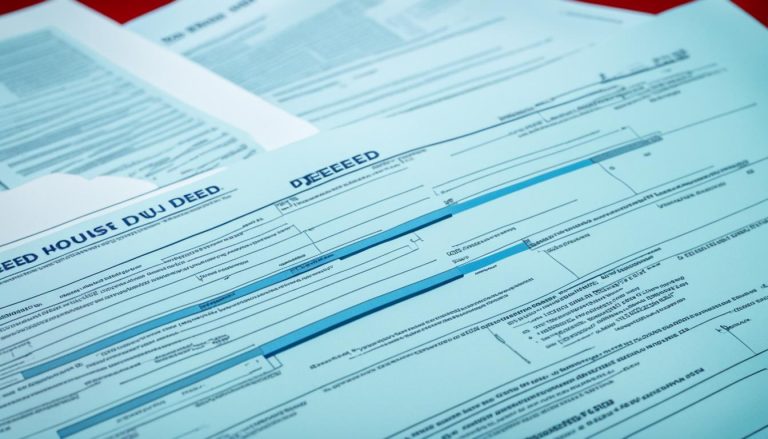Did you know that March has been the best time of the year to sell a home in the UK over the past five years? According to research from Rightmove, the number of buyers enquiring about homes for sale is usually highest at this time of year, with more buyers looking to move in March than in any other month. This means there is typically more competition between buyers for the available homes, as the number of properties for sale also tends to be highest in March. Many home-hunters are keen to move into a new home before the start of summer, with gardens and outdoor space being top priorities. As a result, sellers who list their homes in spring, particularly March, are most likely to find a buyer for their property.
When is Best Time to Sell a House?
The UK housing market experiences distinct seasonal fluctuations, and understanding the optimal time to list your property can significantly impact both the speed of sale and the final price. While spring, particularly March, is often considered the peak season for selling houses, there are other favourable periods to consider as well.
Spring: The Peak Season for Selling Houses
Spring, especially during the month of March, is widely regarded as the best time of year to sell a house in the UK. This is because the weather improves, and gardens and outdoor spaces come to life, making it easier for potential buyers to visualise themselves living in the property. Additionally, longer daylight hours provide more opportunities for viewings, further contributing to the increased buyer demand and competition observed during this period.
Autumn: Another Favourable Time for Home Sales
Early autumn, such as October, is another favourable time for home sales in the UK. Many families often aim to complete their move before the start of the new school year, driven by a desire to settle their children into a new home and community. This surge in buyer activity during the autumn months can create a competitive market, potentially leading to more favourable selling conditions for homeowners.
Winter: Challenges and Opportunities
The winter months, from December to February, can present some unique challenges for sellers, as the number of buyers actively searching for properties typically decreases. However, this period also offers opportunities, as those who are actively looking to purchase may be more serious and motivated, potentially leading to quicker sales and potentially higher offers.
Factors Influencing the Optimal Selling Time
While seasonal trends can provide a general guide on the best time to sell a house, there are several additional factors that can influence the optimal selling time. These include local market conditions, the type of property, and personal circumstances, such as your financial situation and readiness to list your home.
Seasonal Variations in Buyer Demand
Buyer demand for houses in the UK often fluctuates throughout the year, with peaks during the spring and autumn months. Homeowners who list their properties during these high-demand periods may benefit from increased competition among buyers, potentially leading to quicker sales and better prices.
Local Market Conditions and Property Type
In addition to seasonal trends, the local market conditions and the specific type of property can also play a significant role in determining the best time to sell. Factors such as the local economy, the availability of comparable homes, and the desirability of the neighbourhood can all influence the optimal selling period.
By understanding the seasonal patterns and other key factors that can impact the housing market, sellers can make informed decisions about the best time to list their properties, increasing their chances of a successful and profitable sale.
Supply and Demand: The Key Drivers of House Prices
Supply and demand are fundamental economic forces that play a significant role in shaping the housing market. When there is a strong demand for homes but a limited supply of available properties, housing market trends indicate that prices tend to rise as buyers compete for the limited inventory and drive up prices. Conversely, if there is an increase in the real estate market analysis, but the demand remains stable, prices may stabilise or even decrease, as buyers have more choices and can negotiate more favourable terms.
Impact of Interest Rates and Exchange Rates
Another key factor impacting factors affecting house prices is the influence of interest rates and exchange rates. When interest rates rise, the cost of borrowing increases, which can dampen buyer demand and put downward pressure on property valuation trends. Similarly, fluctuations in exchange rates can affect the attractiveness of the UK housing market to international investors, further influencing sellers’ market indicators.
Buyer Competition and Negotiation Power
The level of buyer competition in the market can also play a significant role in determining house prices. In a sellers’ market, where demand outstrips supply, buyers may be more willing to pay higher prices and have less negotiating power. Conversely, in a buyers’ market, increased inventory and reduced competition can give buyers more leverage to negotiate favourable terms and potentially lower prices.

Preparing Your Property for a Successful Sale
Regardless of the time of year, presenting your property in the best possible light can significantly improve your chances of a successful sale. Ensuring the property’s exterior, known as “curb appeal,” is well-maintained and inviting can make a strong first impression on potential buyers. This may include gardening, painting, and making any necessary repairs to the front of the property.
Presentation and Curb Appeal
When it comes to preparing your home for sale, first impressions are crucial. Potential buyers often form their initial opinion of a property based on its curb appeal, which refers to the overall appearance and condition of the home’s exterior. Investing time and effort into enhancing your property’s presentation and curb appeal can pay dividends by attracting more interested buyers and potentially commanding a higher sale price.
Choosing the Right Estate Agent
Selecting the right estate agent is another essential step in ensuring a successful sale. An experienced and knowledgeable agent can provide valuable insights into the local real estate market and help you price your home competitively. They can also assist with home valuation factors, marketing your property effectively, and guiding you through the various selling costs and expenses associated with the process. By working with the right real estate agent, you can increase the likelihood of a smooth and profitable transaction.

Timing Considerations Beyond Seasonality
While seasonal trends can provide a general guide on the best time to sell a house, it’s essential to consider your personal circumstances and readiness to sell. Your financial situation, need to move, and overall preparedness to list your home may take precedence over the optimal selling season.
In addition to personal circumstances and readiness to sell, the upcoming events and holidays in your area can also influence the optimal time to put your house on the market. Certain events, such as local festivals or school holidays, may attract more potential buyers and create a more favourable environment for a successful sale.
| Consideration | Impact on Selling Timing |
|---|---|
| Personal Circumstances and Readiness to Sell | Your financial situation, need to move, and overall preparedness to list your home may take precedence over the optimal selling season. |
| Upcoming Events and Holidays | Certain local events or school holidays may attract more potential buyers and create a more favourable environment for a successful sale. |
By carefully considering these factors, you can determine the best time to put your house on the market, regardless of the seasonal trends, and maximise your chances of a successful and profitable sale.

Conclusion
The UK’s housing market is a dynamic landscape, with seasonal fluctuations that can significantly impact the success of selling a property. While spring, particularly March, is often considered the optimal house selling season due to increased buyer demand and competition, a multitude of factors can influence the ideal time to list your home.
Local market conditions, property type, and personal circumstances are all crucial considerations when determining the best time to sell. Factors such as interest rates, exchange rates, and neighbourhood comparisons can also play a role in shaping the housing market trends and property valuation trends that ultimately affect the selling process.
Ultimately, the decision to sell your house should be guided by a holistic understanding of the real estate market analysis, home valuation factors, and the specific needs and readiness of the seller. By working closely with a reputable real estate agent and staying attuned to the seasonal housing market fluctuations, homeowners can maximise their chances of a successful and profitable sale, regardless of the optimal house selling season.
FAQ
Why is spring, particularly March, considered the peak season for selling houses in the UK?
Spring, particularly March, is considered the peak season for selling houses in the UK. During these months, the weather improves, and gardens and outdoor spaces come to life, making it easier for potential buyers to visualise themselves living in the property. Longer daylight hours also provide more opportunities for viewings. Early autumn, such as October, is another favourable time, as families often aim to move before the new school year starts.
How do supply and demand affect house prices in the UK?
Supply and demand are fundamental economic forces that play a significant role in shaping the housing market. When there is a strong demand for homes but a limited supply of available properties, prices tend to rise as buyers compete for the limited inventory and drive up prices. Conversely, if there is an increase in the supply of homes but the demand remains stable, prices may stabilise or even decrease, as buyers have more choices and can negotiate more favourable terms.
What can sellers do to improve the chances of a successful sale?
Regardless of the time of year, presenting your property in the best possible light can significantly improve your chances of a successful sale. Ensuring the property’s exterior, known as “curb appeal,” is well-maintained and inviting can make a strong first impression on potential buyers. This may include gardening, painting, and making any necessary repairs to the front of the property.
Should sellers only consider the optimal selling season, or are there other factors to consider?
While seasonal trends can provide a general guide on the best time to sell a house, it’s essential to consider your personal circumstances and readiness to sell. Your financial situation, need to move, and overall preparedness to list your home may take precedence over the optimal selling season.






